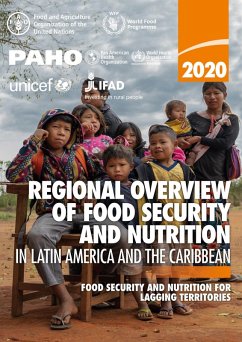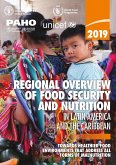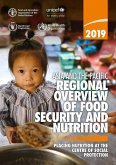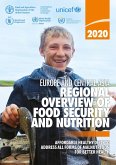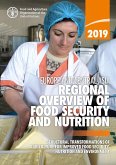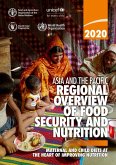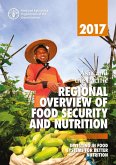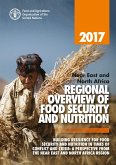The goals of the 2030 Agenda for Sustainable Development that are related to food security and nutrition will not be achieved as long as, in some territories in Latin America and the Caribbean, populations continue to live with malnutrition rates. Economic opportunities in these areas are often limited, public services are scant, and exposure to severe climate events is high. The public policies promoted in the region have had less impact in these historically lagging territories, and there is a pressing need to produce a new agenda of public instruments that address the characteristics of the communities that inhabit them. The full and sustainable development of the territories that are falling behind is not only an obligation in terms of the realization of the rights of their inhabitants; it would also allow these territories to activate their social, economic, environmental and cultural potential, to the benefit of all societies. It is hoped that the 2020 Regional Overview will help to highlight the challenges experienced by the territories with the worst indicators in terms of food and nutrition, and that it will serve to mobilize political commitment and public attention towards those areas that are most highly lagging. The year 2020 will be remembered for many decades as the year of the COVID-19 pandemic. The indicators of the 2030 Agenda that are used in this publication do not yet show the different impacts of COVID-19. However, there are references to the possible implications of the pandemic for the future.
Dieser Download kann aus rechtlichen Gründen nur mit Rechnungsadresse in A, B, CY, CZ, D, DK, EW, E, FIN, F, GR, H, IRL, I, LT, L, LR, M, NL, PL, P, R, S, SLO, SK ausgeliefert werden.

